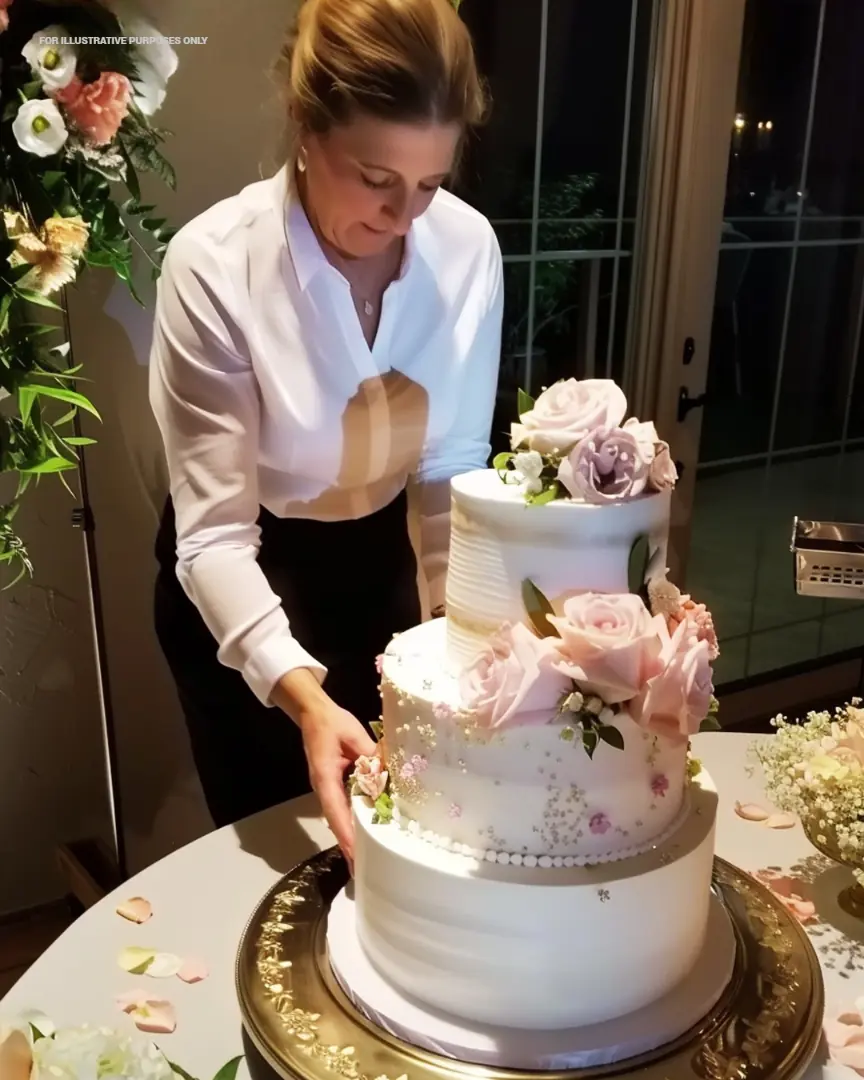
My Son Is Failing School After Moving in with His Dad — I Just Found Out What's Really Going on in That House
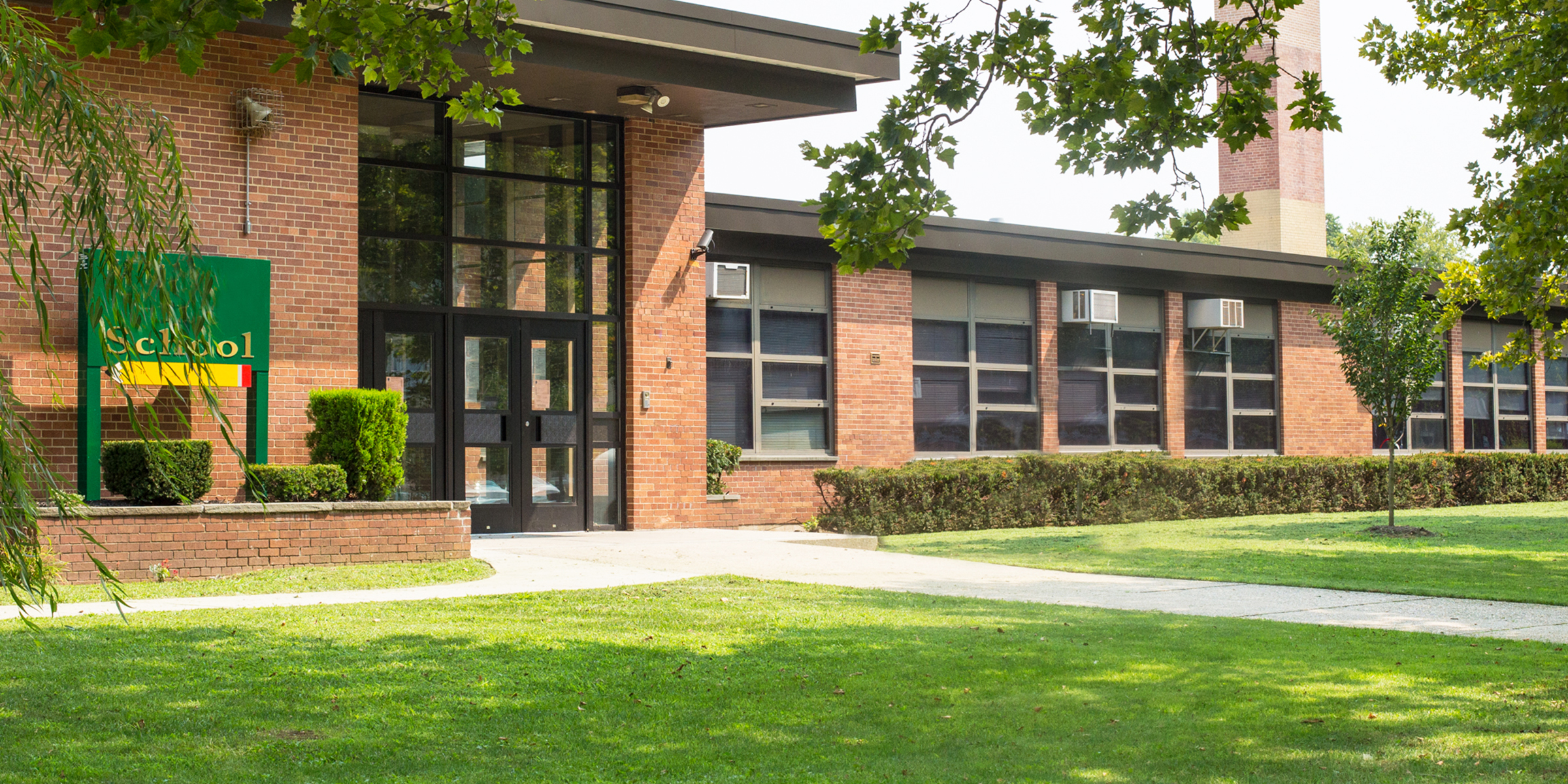 When My Son Asked to Live with His Dad After the Divorce, I Let Him Go. I Didn’t Realize the Silence Would Break Me.
When My Son Asked to Live with His Dad After the Divorce, I Let Him Go. I Didn’t Realize the Silence Would Break Me.
When my 14-year-old son, Mason, asked to live with his dad after our divorce, I said yes.
Not because I wanted to. Believe me, every fiber of my being wanted to say no. I wanted to hold him tight, keep him close, and tuck him into bed in the room we'd painted together. But I didn’t want to stand in the way of a father and son reconnecting. I wanted to believe that sometimes, space could be love too.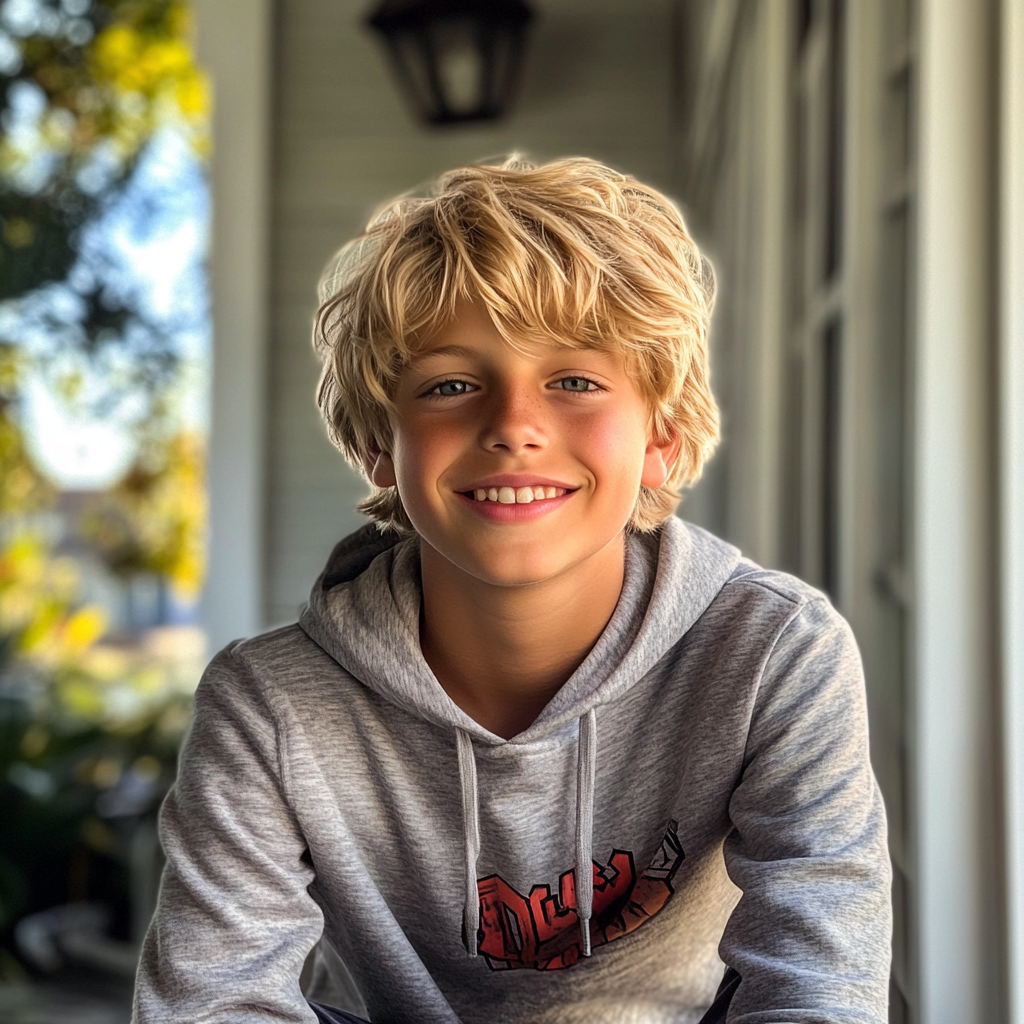
So I let him go. I told myself I was being generous, supportive—even wise.
Mason would still come over on weekends and holidays. He could call whenever he wanted. It wasn’t goodbye, not really. Just... not every day anymore.
He missed Eddie. His goofy, spontaneous, pancake-at-midnight dad. The one who wore backwards caps to soccer games and turned burnt grilled cheese sandwiches into a comedy act. Eddie seemed eager to be present, to step into something deeper than before. He was trying to be more grounded. More... parental.
So I agreed.
I told myself this was good. This was growth. This was what Mason needed.
But I didn’t expect it to crack something inside me so quietly.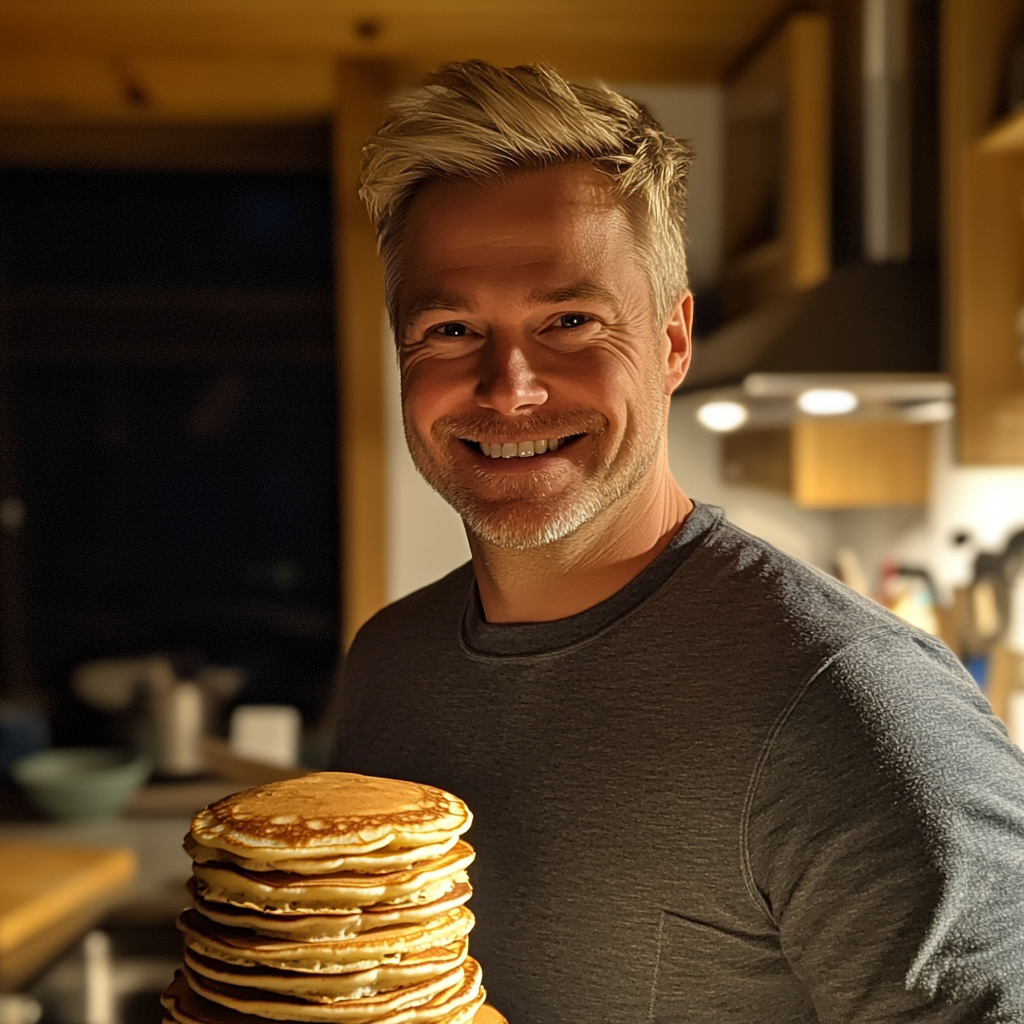
At first, it felt okay. Mason texted me silly selfies. He sent updates about late-night pizza and movie marathons. Pictures of overcooked waffles and their proud, flour-dusted smiles. I saved them all—every picture, every video, every emoji.
I’d replay them on nights when the house felt too quiet. I missed him like a phantom limb, but I consoled myself with the idea that he was happy.
And he did sound happy. For a while.
But then the messages slowed. Calls came less often. The lively updates became one-word replies. Then, barely even that. And in the silence that followed, worry started to whisper.
Then the phone calls began—just not from Mason.
First, a teacher emailed about missed homework. "He said he forgot," she wrote. "But it’s not like him."
Then another teacher called, her voice kind but concerned, speaking through bites of what I imagined was a rushed sandwich. "He seems a little… disconnected. Like he’s not really here."
But the one that stopped my heart came from his math teacher. "We caught him cheating on a quiz. It’s out of character. I thought you should know... he looked lost."
That word—lost—lodged deep in my chest.
Not rebellious. Not troublemaking. Just… lost.
Because that wasn’t Mason. My son was the kind of kid who double-checked his homework and blushed when he didn’t get an A. The boy who built LEGO spaceships with blueprints taped to the wall. Thoughtful. Steady. Soft-hearted.
I called him that night. No answer.
I left a voicemail. Then another.
Hours passed. Nothing.
I stared at the last photo he’d sent me—him and Eddie holding up a charred pizza like it was some kind of badge of honor. But it didn’t seem funny anymore.
I called Eddie. Not to accuse, just to talk. My voice calm, cautious, walking the fragile line that divorced mothers know too well. Where any concern can be twisted into drama. Any care can be mistaken for control.
His response?
A sigh. The kind that stung.
“He’s just being a teenager, Claire,” he said. “You’re overthinking again.”
Overthinking. That word stung more than it should have. It took me back to those early days when Mason was a baby and colicky. When I’d rock him on the bathroom floor at 3 a.m., crying with exhaustion, while Eddie snored in the next room.
“You worry too much,” he had said then. “Relax. He’ll be fine.”
And back then, I believed him—because the idea that I was doing this alone was too much to bear.
But here I was again. Mason was still crying. Just silently now.
And Eddie? He was still rolling over, pretending everything was fine.
But it wasn’t fine. And this time, my silence had consequences.
This wasn’t a baby with reflux. This was a 14-year-old boy quietly unraveling in someone else's house.
And something deep inside me—the part that has always known when my son needed me—started to scream.
One rainy Thursday afternoon, I didn’t ask for permission. I got in my car and drove straight to his school. The drizzle blurred the world into a watercolor of worry. I parked where I knew he’d see me. Engine off. Heart thudding.
When the bell rang, kids poured out in noisy clusters. But then I saw Mason, walking alone. His hoodie drenched, shoes soaked, backpack dragging behind him like a burden.
He slid into the passenger seat wordlessly.
My heart cracked.
He looked like a shadow of himself. Hollow-eyed. Pale-lipped. His frame curled inward like he was trying to disappear into himself.
I handed him a granola bar. He didn’t take it.
Then, barely above a whisper, he said, “I can’t sleep, Mom. I don’t know what to do…”
His voice was breaking. And so was I.
The truth spilled out slowly. His dad had lost his job—just weeks after Mason moved in. He didn’t tell anyone. Not Mason. Not me.
Eddie tried to keep the illusion alive, but behind the jokes and routines, everything was falling apart.
The fridge was often empty. The lights flickered. The microwave made strange noises, so Mason stopped using it. Eddie was gone most nights. “Job interviews,” he said. But sometimes, he didn’t come back at all.
So my son made do. Dry cereal. Peanut butter straight from the jar. Crackers for dinner. He taught himself how to wash clothes in the bathtub when he ran out of clean ones. He did his homework by flashlight when the power cut out.
He didn’t tell me because he didn’t want me to think less of his father—or of him.
He wasn’t being lazy. He wasn’t rebelling.
He was surviving.
He was trying to carry the weight of two grown-ups on his small, scared shoulders.
And I didn’t see it.
Not because I didn’t care. But because I thought staying out of it was respectful. I thought space was support.
But Mason didn’t need space. He needed someone to call him back home.
That night, I brought him back with me. No court orders. No explanations. Just instinct. Just love.
He didn’t argue.
He slept for 14 hours straight. The kind of sleep that only comes when your body finally believes it’s safe.
The next morning, he asked if we still had that old chipped robot mug. The one he used when he was little.
I found it in the back of the cupboard. He smiled into it, and I stepped away so he wouldn’t see me cry.
“Mom,” he said later, “can you make me something to eat?”
“Full breakfast?” I offered. “Bacon, eggs, sausages—the works?”
He nodded.
I filed for a quiet custody change. Not out of spite. Not to punish Eddie. But to protect my son. Mason needed stability. He needed choice. He needed to breathe without fear.
It took time to heal. At first, Mason was a ghost. He floated through the days, drifting from couch to chair. Meals were barely touched. Words were scarce.
I didn’t force it. I simply made home a soft place to land.
We started therapy. No pressure. His choice of therapist, schedule, even playlist on the car rides. I told him we didn’t need to fix everything. We just needed to keep showing up.
Then I started leaving notes on his door.
“Proud of you.”
“You’re doing better than you think.”
“I see you—even when you don’t say anything.”
They sat there for weeks. Edges curling. Tape yellowing.
Then one day, I found a note on my nightstand. In shaky pencil:
“Thanks for seeing me. Even when I didn’t say anything. You’re the best, Mom.”
I sat and held it like it was made of gold.
A few weeks later, Mason asked if he could stay after school for robotics club.
“I think I want to build stuff again,” he said.
My heart soared.
He came home with a popsicle-stick bridge that collapsed in his hands—and he laughed.
“That’s okay,” he said. “I’ll build another one.”
And I knew—he was coming back to himself.
One piece at a time. One note at a time.
In May, I got an email from school. End-of-year awards.
“You’ll want to be there,” his teacher said.
They called his name. Most Resilient Student.
He walked to the stage tall, proud, scanning the crowd. One hand lifted toward me. The other, toward Eddie—sitting in the back row, eyes wet.
That one moment said everything: We’re healing. Together.
Eddie still calls. Sometimes just to ask about school or robots. The conversations are short, sometimes awkward. But Mason always picks up.
It’s not perfect. But it’s something.
Now, Mason lives with me full-time. His room is gloriously messy. Music blasts. Clothes pile up. Mugs mysteriously appear in the bathroom. It’s chaos. But it’s alive.
I find his own notes taped to the wall:
“Breathe.”
“One step at a time.”
“You’re not alone, Mase.”
He teases me about my old phone. He complains about asparagus. He wants to dye his hair green.
And when he asks for help, I stop what I’m doing—because he trusts me enough to ask.
I’ve forgiven myself for not seeing it sooner. I understand now:
Silence isn’t peace. Distance isn’t always respect.
Sometimes love means showing up uninvited. Sometimes it means saying, I know you didn’t call, but I’m here anyway.
Because that’s what moms do.
We dive in. We hold on. And we don’t let go until the breathing steadies, the light returns, and our children—our hearts—find their way home.
News in the same category


At My Sister's Wedding, My Son Grabbed My Hand and Whispered, 'Mom… We Need to Go. Now!' – What He Showed Me Changed Everything

I Visited My Sister, Was Shocked to See Who Her Fiancé Was, and Knew I Couldn't Let It Go That Easily

My New Neighbor Was the Perfect Man Next Door Until I Overheard His Plan Against Me
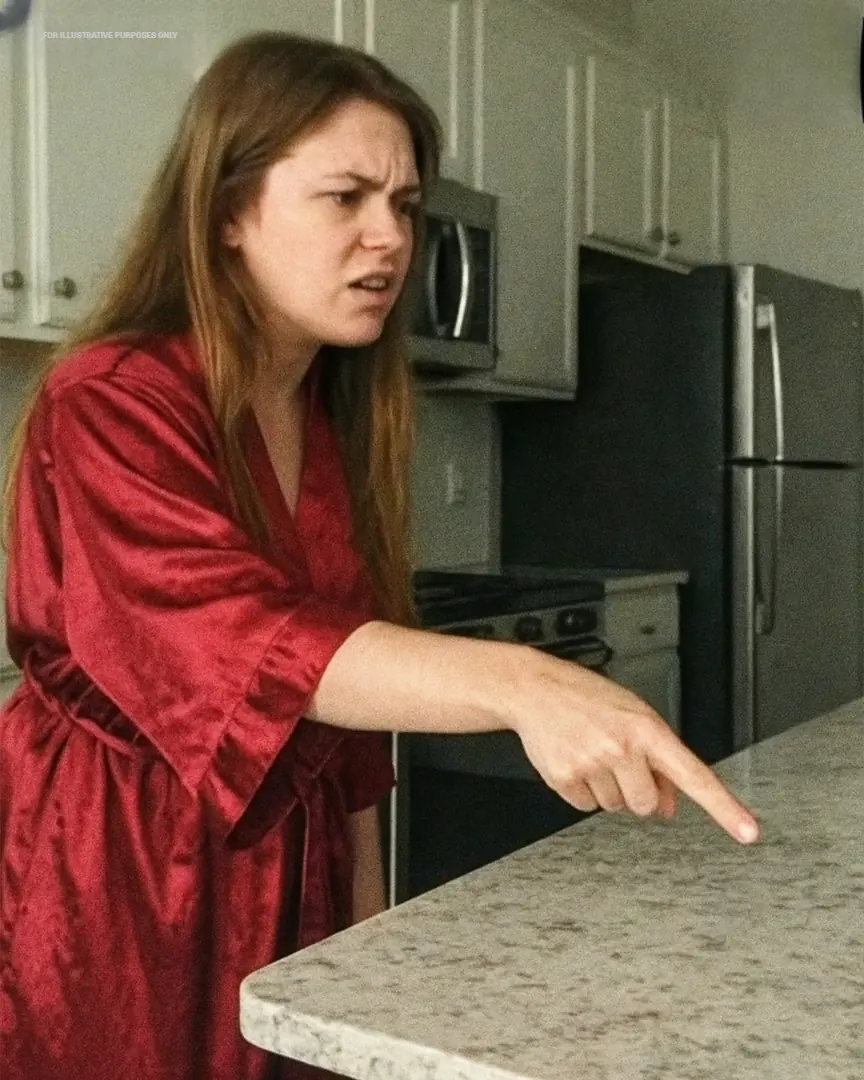
My Daughter-in-Law Threw Out Most of My Kitchen Utensils—So I Brought Her Back Down to Earth
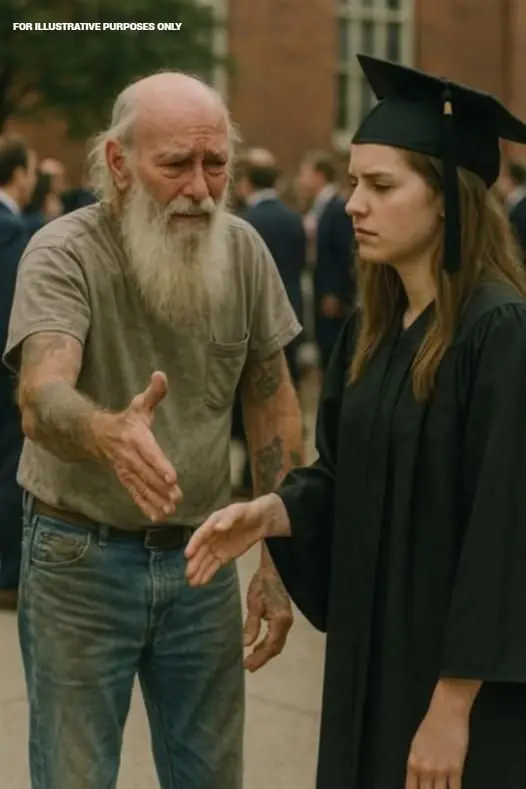
I always hated my father because he was a motorcycle mechanic, not a doctor or lawyer like my friends’ parents.
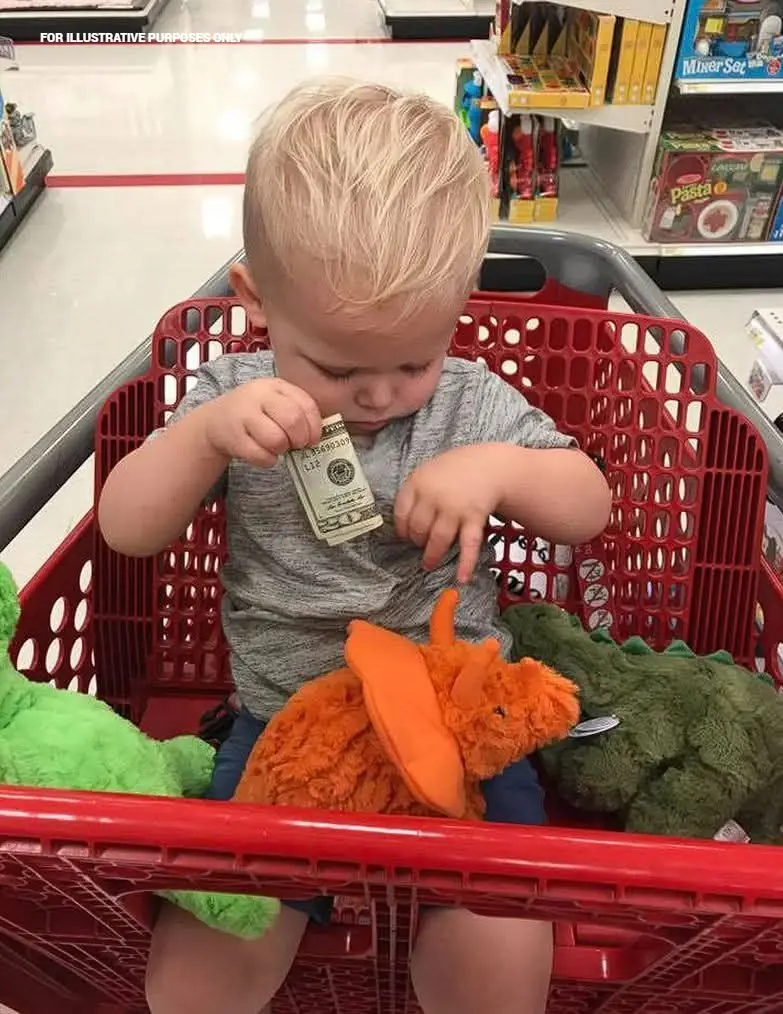
A STRANGER GAVE MY TODDLER $20 IN TARGET—AND THEN TOLD ME WHY
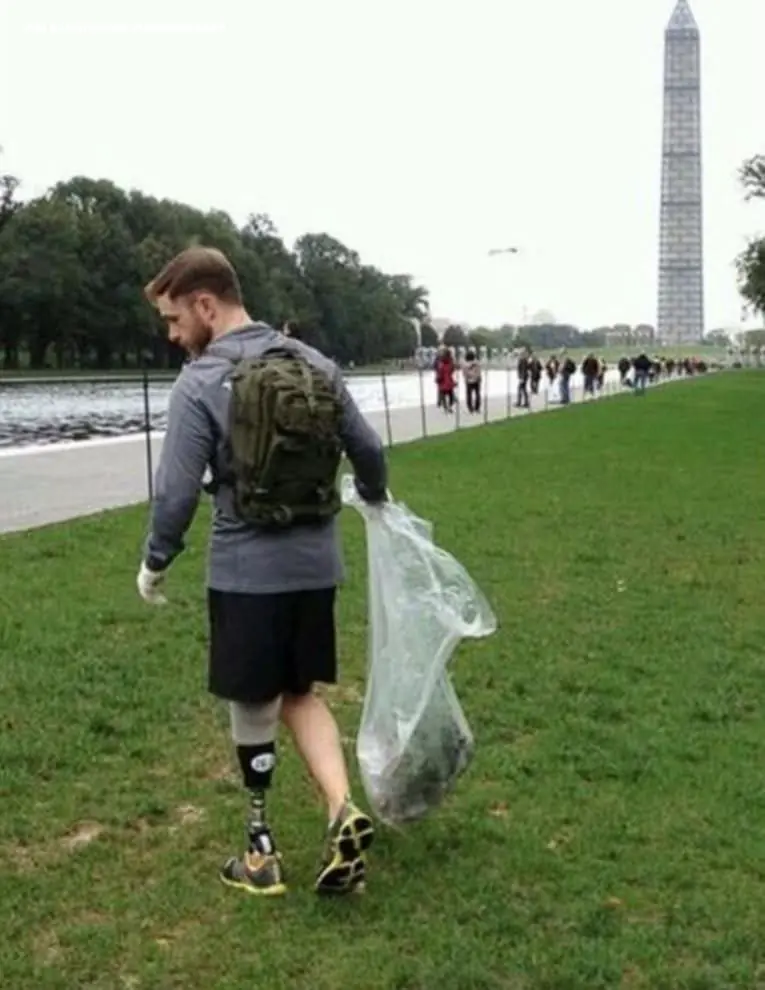
WOUNDED VETERAN STARTS PICKING UP TRASH—AND PEOPLE START WHISPERING BEHIND MY BACK
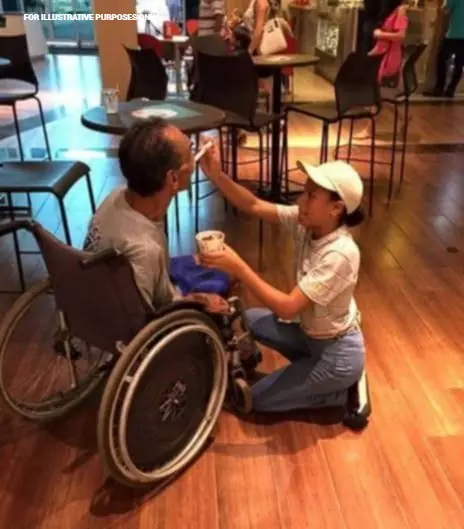
I GAVE A STRANGER MY BREAK TIME—AND PEOPLE STARTED WHISPERING
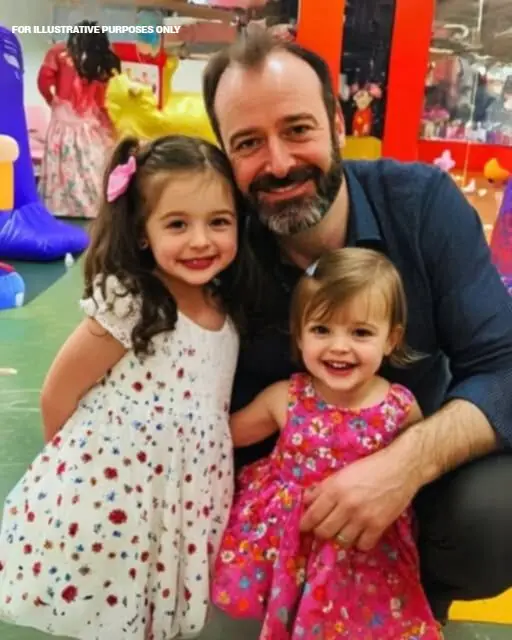
MY WIFE LEFT ME AND OUR TWO KIDS FOR A RICH MAN — WHEN WE MET AGAIN TWO YEARS LATER, KARMA HAD THE FINAL WORD
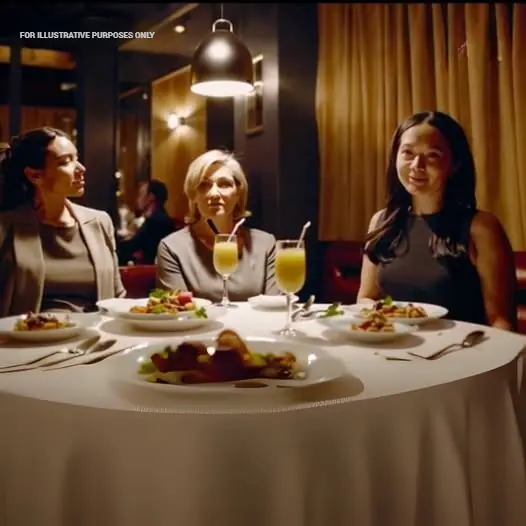
On Mother's Day, My MIL Made Me Pay for Everyone's Meal Because I Was the Only One Without Kids – and Called It My 'Gift' to the Real Moms
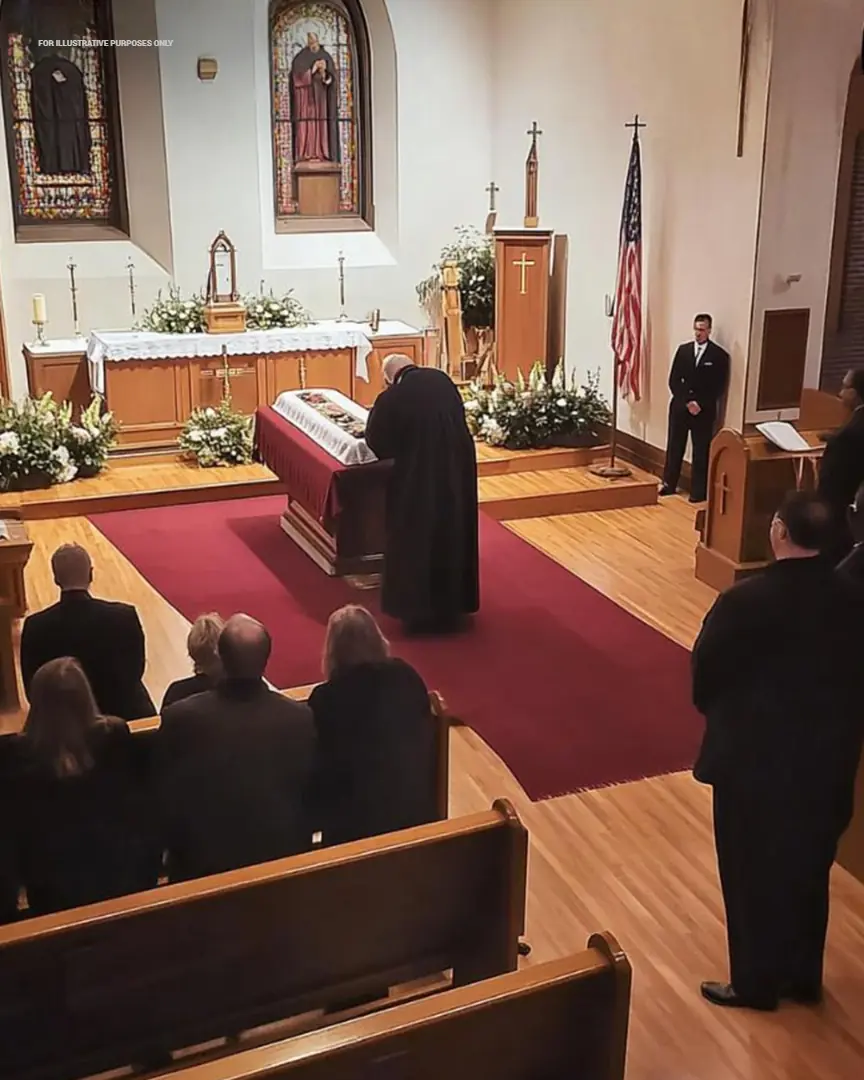
Priest Conducting Funeral Service for Wealthy Woman Leaned over Her Coffin – He Was Stunned to the Core by What He Saw
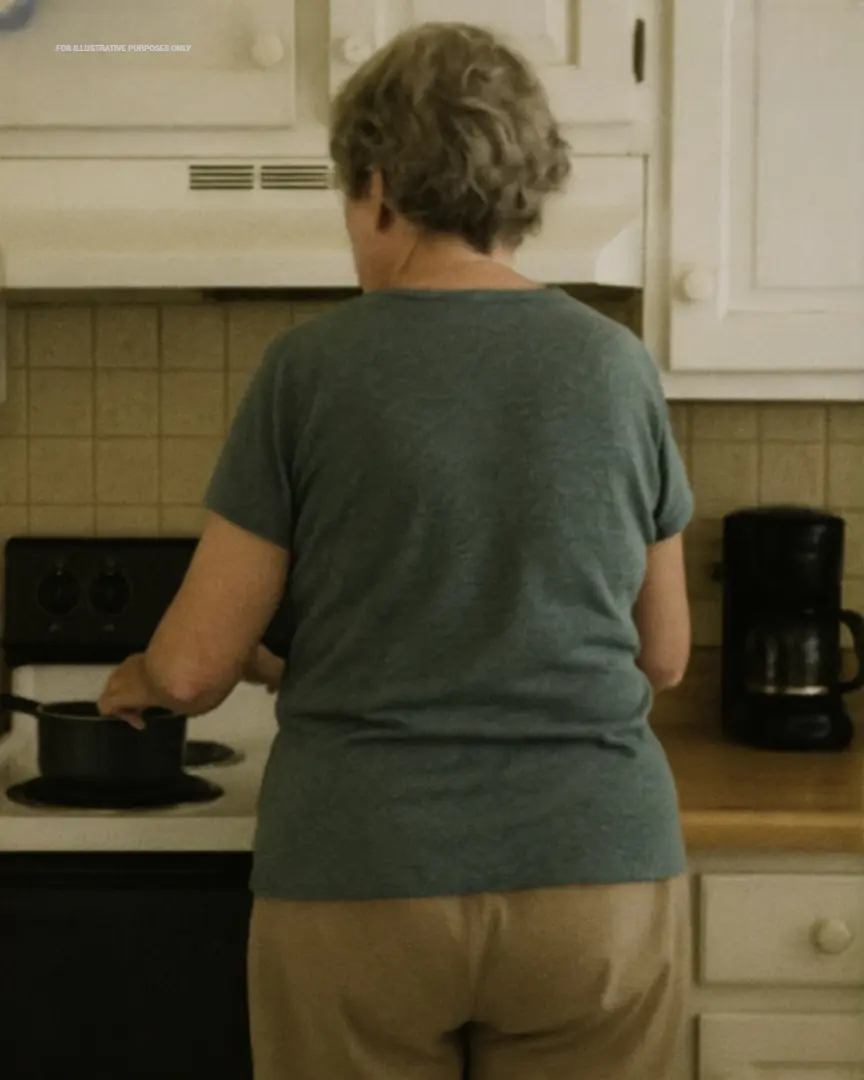
My Mother-in-Law Tried to Evict Me from My Own Home While My Husband Was out of Town – Her Plan Backfired Spectacularly

The Hotel Manager Seemed Determined to Ruin My Honeymoon, but Sneaking Into His Room Revealed Everything
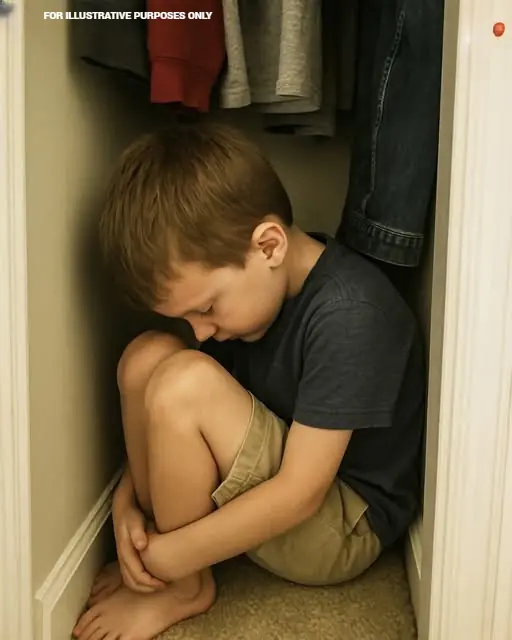
I Left My Son at Home with a Babysitter
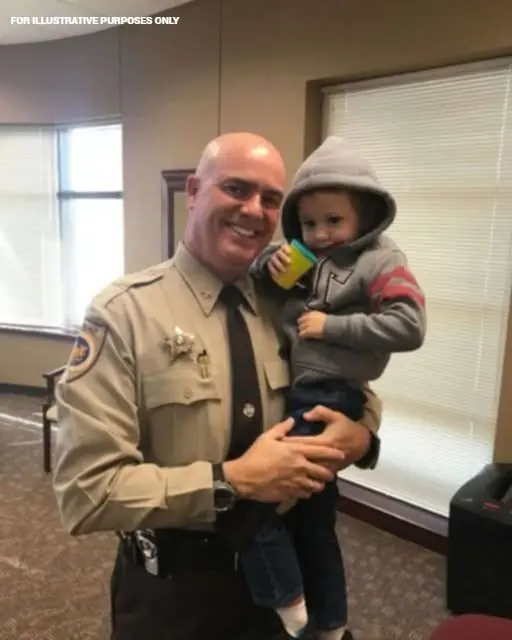
When the young boy approached the officer, he said something that made him cry.
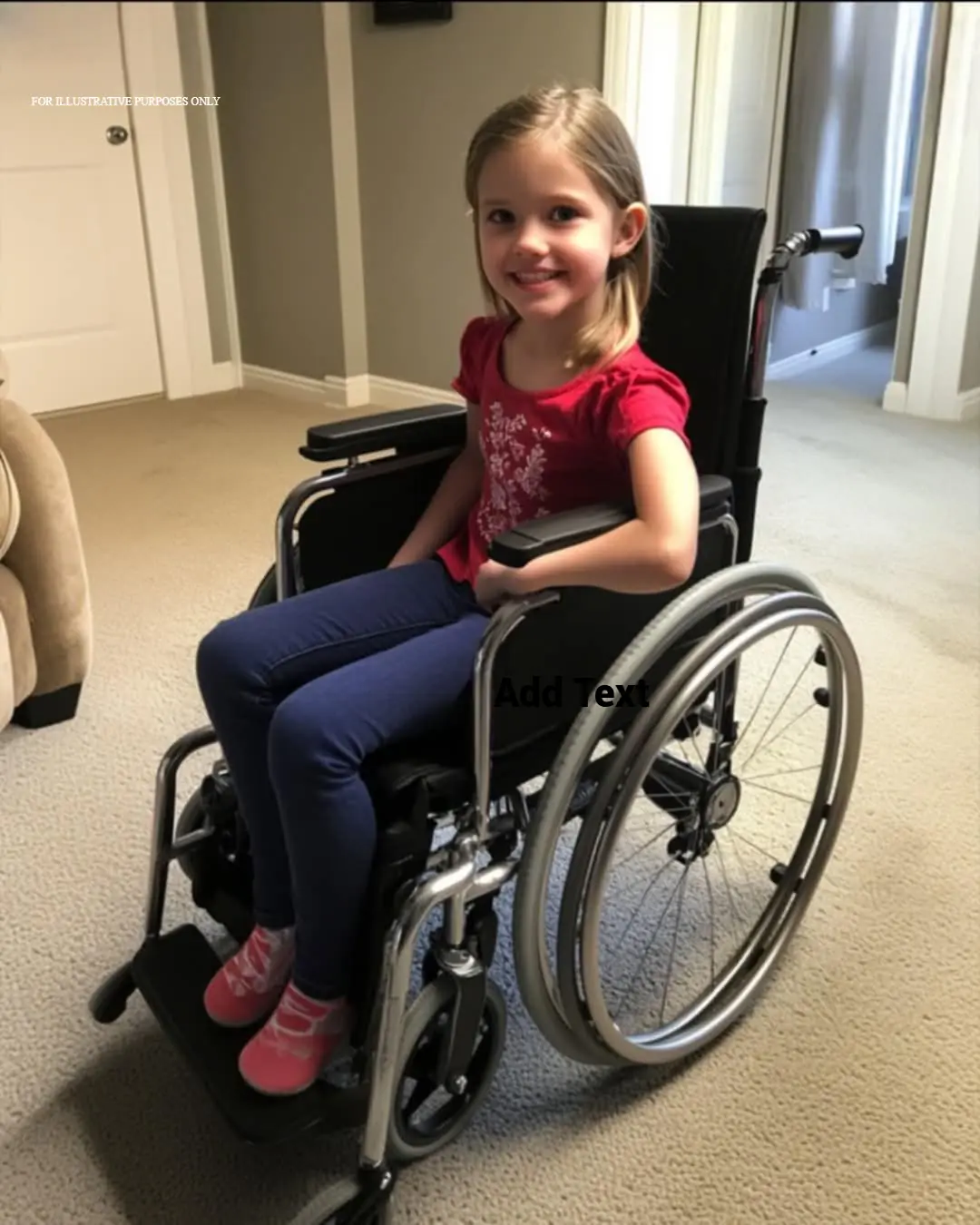
Man Finds a Smashed Phone on the Roadside—When He Inserts the SIM Card Into His Own Phone and Calls ‘Daughter,’ His Heart Stops
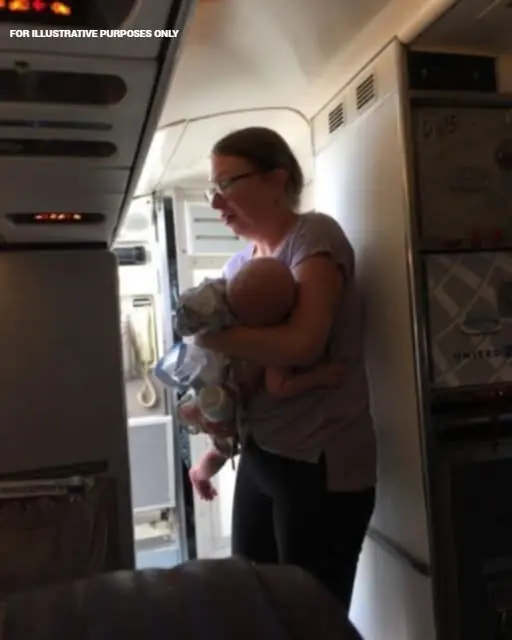
I Refused to Give Up My Plane Seat for a Mom and Her Baby—and Now Everyone Thinks I’m Heartless
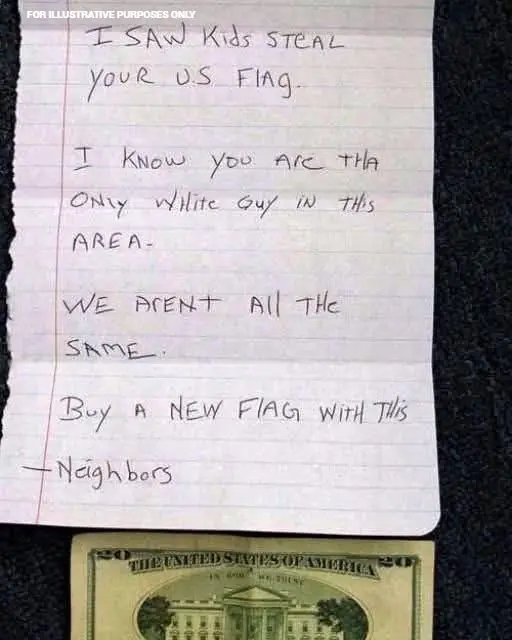
“I WOKE UP TO FIND MY FLAG GONE—AND A $20 BILL ON MY DOORSTEP
News Post

My MIL Mocked Me for Making My Own Wedding Cake – Then Took Credit for It in Her Speech

At My Sister's Wedding, My Son Grabbed My Hand and Whispered, 'Mom… We Need to Go. Now!' – What He Showed Me Changed Everything

I Visited My Sister, Was Shocked to See Who Her Fiancé Was, and Knew I Couldn't Let It Go That Easily

My New Neighbor Was the Perfect Man Next Door Until I Overheard His Plan Against Me

My Daughter-in-Law Threw Out Most of My Kitchen Utensils—So I Brought Her Back Down to Earth
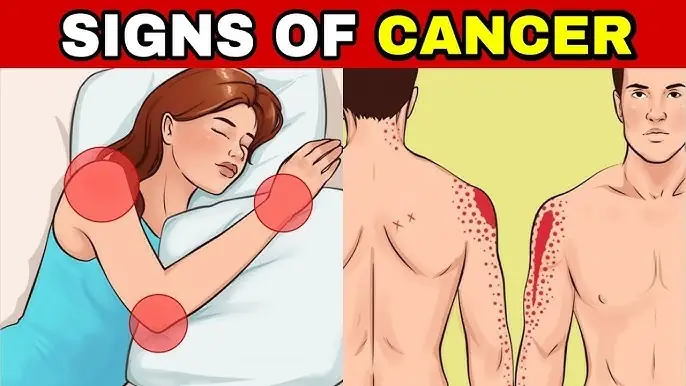
5 Early Cancer Symptoms You Must Not Overlook

Sleeping on your left side affects your health in ways you would have never thought
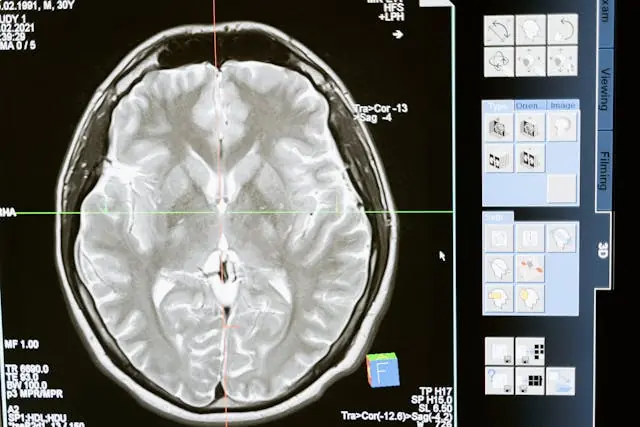
After Being Diagnosed With Dementia at 49, Man Realized The Subtle Red Flag in His Work That Made Him Realize Something Was Wrong

Astronomer Rides Simulation To The Edge Of The Universe—Chasing Light From The Big Bang

🌿 18 Reasons Why Oregano (Orégano Orejón) Should Be a Staple in Your Home

Controversial Inventor’s Mysterious Death Sparks Debate Over Alternative Energy Suppression

🌬️ Persistent Cough, Mucus Buildup, or Lung Congestion? Try This Powerful Natural Onion Remedy

4 common morning habits that may increase your risk of stroke

This Herbal Tea Can Help with Diabetes, Liver Health, High Blood Pressure, and Poor Circulation

🍹 Boost Your Body Naturally: 6 Juice Recipes for Common Health Issues

Man Dips Finger In Yellowstone Hot Spring, Accidentally Falls In And Dissolves Within A Day

Vitamin K Precursor Found to Target and Destroy Cancer Cells in Latest Research

Naturally Reverse Early Tooth Decay: 6 Proven Tips to Strengthen Enamel and Fight Cavities!

The Beauty Benefits of a Coffee and Vaseline Face Mask: A Natural Wrinkle-Reducer?
